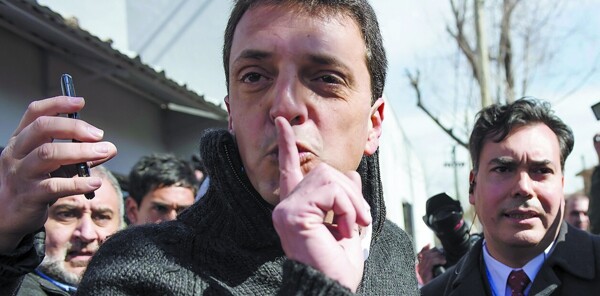
The Ministry of Defense, led by Luis Petri, issued resolution 72/2025, which strips those convicted by order of the national prosecutor of Administrative Investigations, Sergio Rodríguez, of their military status. This has sparked controversy over the prosecutor's jurisdiction to make this decision, as other presidents had taken similar measures before the coup of 1976.
The discharge of officers, which includes four generals and nineteen colonels, has caused media uproar, especially due to the inclusion of Horacio Losito, a recognized hero of the Falklands. Organizations such as the Association of Lawyers for Justice and Concord and forums of generals and admirals have protested against this resolution, arguing that there has been asymmetry in the sanctions imposed on military personnel and those responsible for subversive acts.
Horacio Losito, decorated by Argentina and the United Kingdom for his bravery in the Falklands War, has been deprived of his salary, and it is questioned whether he can be stripped of his recognition for heroism in combat. This situation has fueled controversies about justice in Argentina, raising the need for an equitable approach toward all actors from that era of violence.
The resolution of the Ministry of Defense has left several sanctioned military personnel in a vulnerable situation, especially those of advanced age without income, which has raised concerns in various sectors. Some argue that convictions should not imply the loss of acquired rights, such as retirement benefits, and call for a more balanced treatment of events from the seventies, considering the military as hostages of a biased narrative.
Amid this scenario, criticisms are aimed at the Milei government and the need for a more balanced treatment of past events, respecting the acquired rights of the sanctioned military personnel. The Inter-American Court of Human Rights has also pointed out that the exercise of power must have limits, reflecting on the current situation in Argentina.














